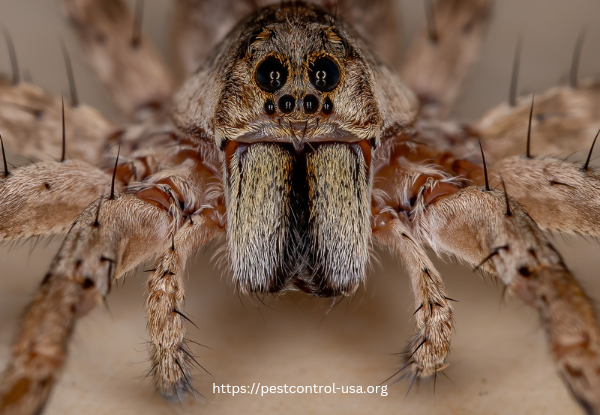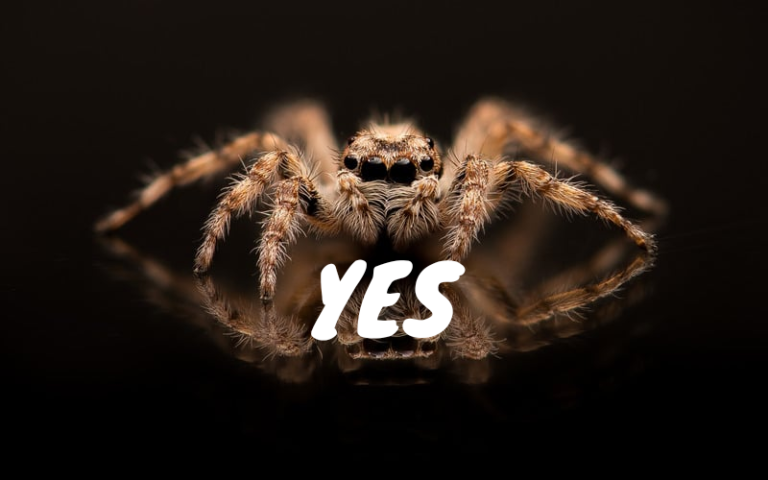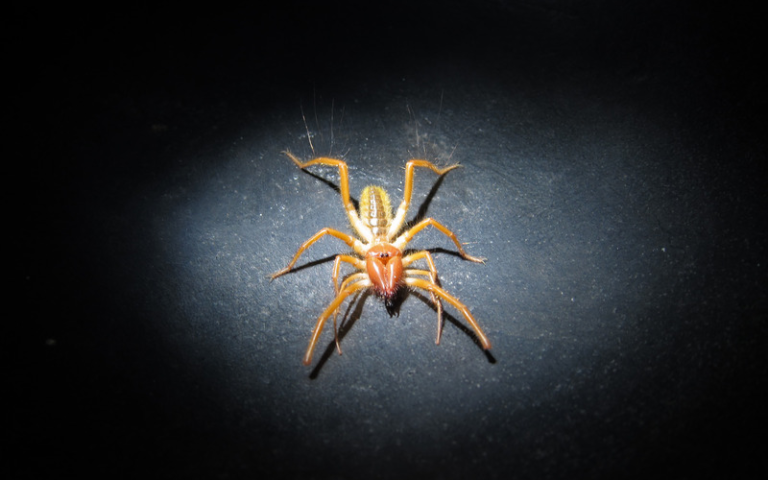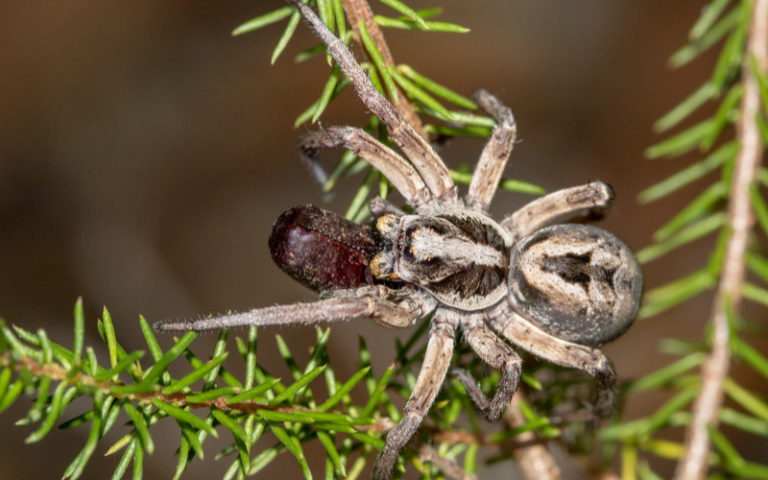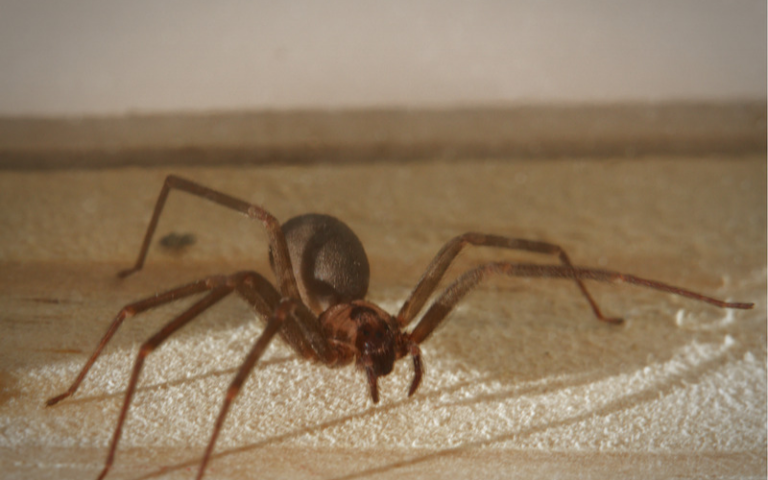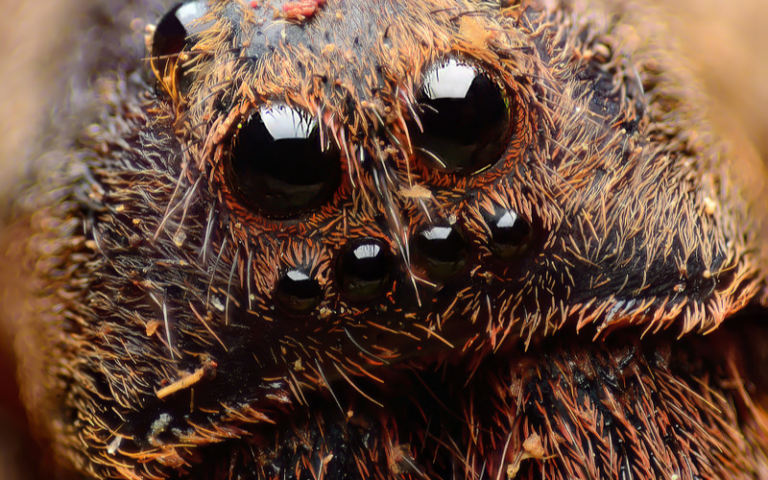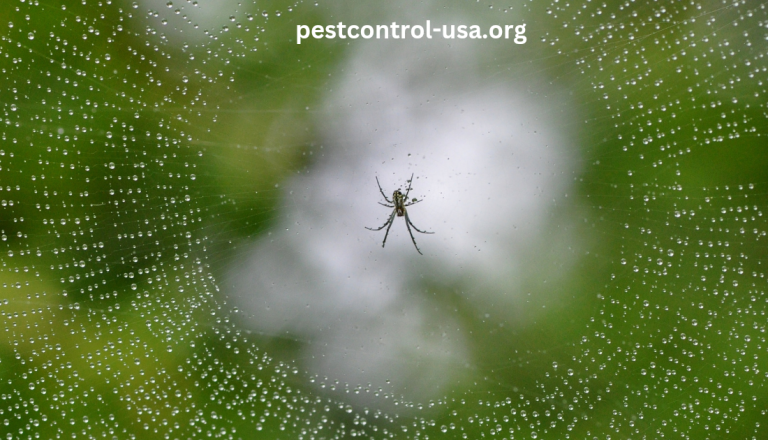A lot of people are afraid of spiders, and for good reason – some of them, like the black widow spider, can be dangerous to humans. But not all spiders are created equal. Some, like the common house spider, are more nuisance than anything else. Others, like the wolf spider, falls somewhere in between. So, what exactly are wolf spiders, and should you be worried about them? How to get rid of wolf spider? Let’s take a closer look.
What is a Wolf Spider?
Wolf spiders are a type of hunting spider that gets its name from the way it hunts – by stalking its prey like a wolf instead of building a web to catch it. They are dark brown or gray in color and usually have stripes or other markings on their bodies. Adult female wolf spiders can reach up to 1/2 an inch in length, while males are usually slightly smaller.
How do wolf spider look?
Wolf spiders are large, hairy spiders that are common in North America. They range in size from about 0.5 to 2 inches and can be either black or brown in color. Wolf spiders are hunting spiders, meaning that they do not build webs to trap their prey. Instead, they actively search for food, using their excellent eyesight and sense of touch to locate their prey. Wolf spiders are shy and non-aggressive, but they will bite if they feel threatened. However, their bites are not considered poisonous to humans. Although they may seem frightening at first glance, wolf spiders are actually harmless creatures that play an important role in the ecosystem by preying on insects and small animals.
Are Wolf Spiders Dangerous?
Wolf spiders are not considered dangerous to humans, as their bites usually only cause localized pain and swelling. However, they can be dangerous to small animals or insects that they see as prey. If you have pets that spend time outside, it’s important to be aware of the presence of wolf spiders and make sure that your pets don’t get too close to them.
Do Wolf Spiders Get in Your Bed?
Given that wolf spiders hunt by stalking their prey, it’s unlikely that they’ll end up in your bed by accident. However, if there is an insect or small animal in your bed that they’re after, they may very well follow it there. If you find a wolf spider in your bed (or anywhere else in your home), the best course of action is to contact a pest control professional to have it removed.
While wolf spiders aren’t considered dangerous to humans, their hunting behavior can make them unwelcome houseguests. If you find one in your home – especially in your bed – call a pest control professional to have it removed as soon as possible.
Are wolf spiders good to have around?
Wolf spiders are a common sight in many yards and gardens. These spiders are not aggressive and will typically only bite humans if they feel threatened. Wolf spiders can be beneficial to have around because they help control pests. However, there are also some drawbacks to having these spiders on your property. Here is a look at both the pros and cons of having wolf spiders around.
Pro: They Help Control Pests
One of the most notable benefits of having wolf spiders around is that they help to keep other pests under control. These spiders are predators and will feed on small insects, bugs, and even other spiders. This makes them a natural form of pest control for your yard or garden. If you have a problem with various pests, encouraging wolf spiders to stick around could be one way to help solve the issue.
Pro: They’re Not Poisonous
Unlike some other types of spiders, wolf spiders are not poisonous to humans. This means that if you do get bitten by one of these spiders, it likely won’t result in any serious health problems. Of course, it is still possible to have an allergic reaction to a spider bite so it is important to seek medical attention if you start having any unusual symptoms after being bitten.
Con: They Can Be Scary-Looking
While wolf spiders aren’t aggressive, they can be scary-looking to some people. These spiders can grow up to 2 inches in length and their legs can make them appear even larger. If you have young children or animals that frequent your yard, you might want to think twice about letting wolf spiders stay since they could startle them.
Wolf spider bites are rare and these creatures can actually be beneficial to have around since they help control pests. However, some people might not appreciate sharing their space with these potentially intimidating-looking creatures. It is ultimately up to each individual whether they want wolf spiders on their property or not.
How to Get Rid of Wolf Spiders?
Wolf spiders can be a big nuisance, especially if they enter your home. These spiders are not aggressive and will not bite unless provoked, but their large size can be alarming to some people. If you’re looking for an effective way to get rid of wolf spiders, read on for some tips.
There are a few things you can do to get rid of wolf spiders:
-Use a vacuum cleaner: This is probably the most effective way to get rid of a spider. Just make sure to empty the vacuum bag afterward so the spider doesn’t escape.
-Spray them with soapy water: Mix up a solution of 1 part soap to 3 parts water and keep it in a spray bottle. When you see a spider, just give it a few squirts and it should die fairly quickly. Just be careful not to spray too much or you’ll make a mess.
-Call an exterminator: If you’re really worried about spiders or if you have a lot of them, your best bet is to call in an exterminator. They will be able to get rid of the problem quickly and efficiently.
Conclusion
Wolf spiders can be a big nuisance if they enter your home, but there are things you can do to get rid of them effectively. The best method is usually to use a vacuum cleaner, but spraying them with soapy water or calling an exterminator are also effective options. Whichever method you choose, getting rid of wolf spiders doesn’t have to be difficult.

